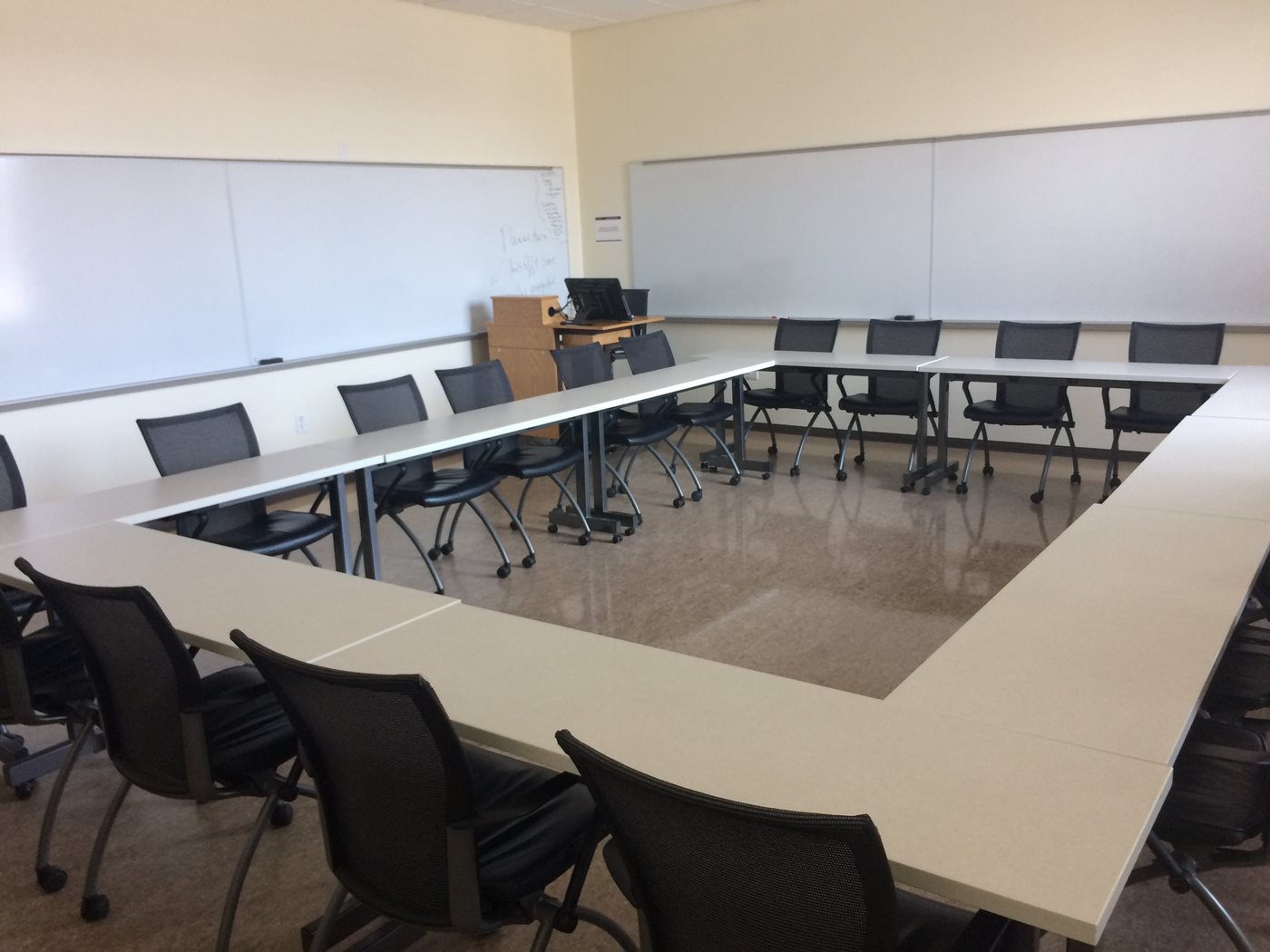July 2018

I’m about to teach a college course for the first time this fall, and I keep thinking about the role politics will play in my class. As Graduate Teaching Assistants, many of us are in charge of large general courses full of incoming freshmen. We could choose to see teaching general courses as a curse—senior professors don’t like teaching them for a reason, after all—or an opportunity.
Incoming freshmen have no idea what to expect from college. In an ideal situation, they’ve decided to further their education out of a thirst for knowledge. In reality, that might not be the case. Nonetheless, we have the privilege of getting some degree of our students’ attention and respect for an allotted amount of time each week. Personally, I want to take advantage of my position as a college educator to make a difference in those students’ lives.
When I talk about finding a place for politics in the classroom, I don’t mean that I intend to preach my own political beliefs to students. Rather, I hope to encourage students to have open conversations about political issues. Every student should feel comfortable talking about difficult issues in the safe space of the classroom. The diversity statements in syllabi exist for a reason. Yes, they are required, but they shouldn’t be swept aside as meaningless objects or bureaucratic mumbo-jumbo.
As a student, I’ve seen fantastic examples of professors bringing politics into the classroom. On the first day of class, a film professor asked people to raise their hands if they felt comfortable identifying themselves as feminists. He didn’t place blame on people who didn’t raise their hands, but he asked them why. The answers ranged from “because I think men and women are equal, and feminists only care about women” to “because I don’t burn bras.”
The professor turned to the self-identified feminist students said, “How many of you think men and women are equal?” All of us raised our hands. He then asked, “And how many of you have ever burned a bra?” All of our hands fell down.
This simple exercise, used as a precursor to the feminist films we would watch in class, demonstrated that stereotypes about feminism don’t apply to everyone who identifies themselves as feminists. The exercise also set up the classroom as a space where students could speak openly. Students on both sides of the argument felt listened to, and no one was blamed or criticized for their opinions. Instead, students had a chance to talk to one another, realize that not everyone had the same beliefs as them, and recognize some of the stereotypes that guided their own thought processes. Such eye-opening moments should define the university experience.
Moreover, I’m not saying that all of those students now identify as feminists. They did not have to change their basic ideologies because of that moment in class. I don’t think students should be brainwashedor tricked by groupthink into believing what an educator believes. In fact, that’s the exact oppositeof what should happen. Educators should give students the tools, background information, and experiences to think for themselves and make informed decisions about political issues.
So… How do we do that? I don’t have any experience in the classroom yet, so I’m not an expert on this. But there are a few things that I plan to keep in mind when I teach:
I don’t mean to sound too serious. Teaching should be fun. Yet, at the end of the semester, I hope to feel like I tried to give students the university experience they deserve: One that encourages them to think critically, to question everything, and to do research before jumping to conclusions.
- Ask questions rather than offering simple answers.
- Allow classes to get “off-topic” if the topic students want to discuss is important and educationally valuable.
- The day after the 2016 election, many of my professors devoted class time to talk about students’ reactions. This gave us a chance to discuss the election results respectfully in an academic setting.
- Be open to learning from students.
- Make sure that students understand the diversity statement in the syllabus.
Stacie Worrel
Stacie is a Masters candidate in the Department of English